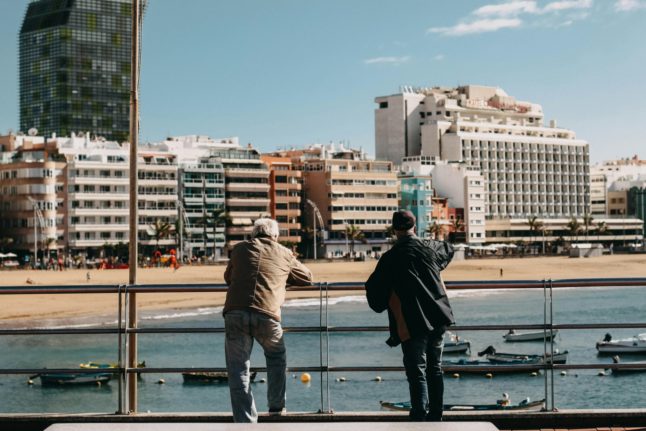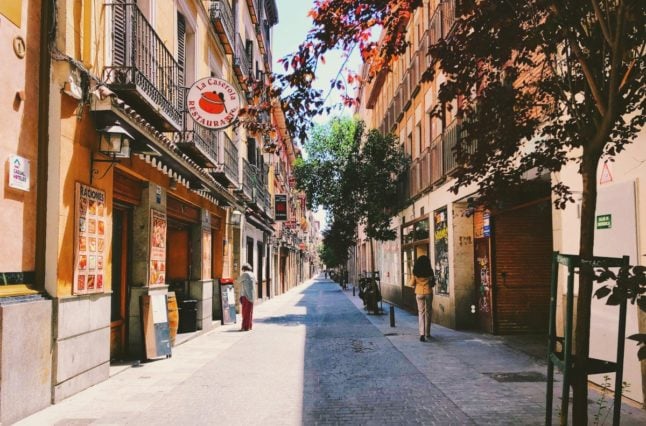New rental data has revealed that for every home advertised in Spain, on average there are 27 parties interested in it.
This comes amid growing concern in the country about the affordability and availability of rental properties, and demonstrates the double-edged sword making life tough for renters in Spain: high demand (and thus prices) but low supply.
In several parts of the country, regional authorities are attempting to bring in rent controls in ‘stressed’ local markets. Data property portal Idealista, the average rental price in Spain rose by close to nine percent in a year (from February 2022 to February 2023), which was the highest amount in its historical record. In big cities this figure is pushing 20 percent in many places.
READ ALSO: What will happen to rents in Spain in 2024?
According to the figures with regards to demand per advert, which were cited by Spanish daily El Mundo, the demand for rental properties in Spain is a situation that is rapidly deteriorating: whereas this year every advert has 27 interest parties, in 2023 the average was 17 applicants per property in the first quarter of the year.
In cities and provincial capitals the pressure is even greater, where the number of contacts per advert can reach three times the average. However, cities with the highest demand per property advert aren’t where you might expect.
Francisco Iñareta, a spokesperson for Idealista, said in the Spanish press that the figures “show that the destruction of supply caused by rental policies worsens the possibilities of accessing housing, especially in the case of young people and vulnerable families.”
“This increases the pressure on prices, multiplies the difficulties in finding a home, and worsens the distribution that those looking for housing have to face.”
This situation essentially forces people to fight over properties to rent, he said, which “increases competition between potential tenants… [and] excludes a large part of those interested from the market.”
The cities in Spain where people fight most over a place to rent
According to the Idealista data, the rental markets in Spain’s two biggest cities, Madrid and Barcelona, predictably receive the highest number of interested parties in absolute terms. This is due to the cities having the largest number of properties, and therefore rental adverts, in total.
For each advertisement that is published, there are 41 (Madrid) and 40 (Barcelona) interested parties, respectively.
These large markets are followed by Palma de Mallorca (38 families), Valencia (29), Malaga (28) and San Sebastian (28). Interestingly, below the national average are Bilbao (26 per advert), Seville (25) and Alicante (22).
However, looking at the figures in terms of enquiries per advert, Madrid and Barcelona fall down the rankings.
Vitoria, in the Basque Country, takes the top spot overall, with 70 interested parties per property. It is followed by Guadalajara (59), Santa Cruz de Tenerife (44), Las Palmas de Gran Canaria (41) and Pamplona (41).
At the other end of the spectrum are cities like Salamanca (7 parties each advert), Ciudad Real, Ourense and Badajoz (all 8 per advert).
READ ALSO:



 Please whitelist us to continue reading.
Please whitelist us to continue reading.
Member comments